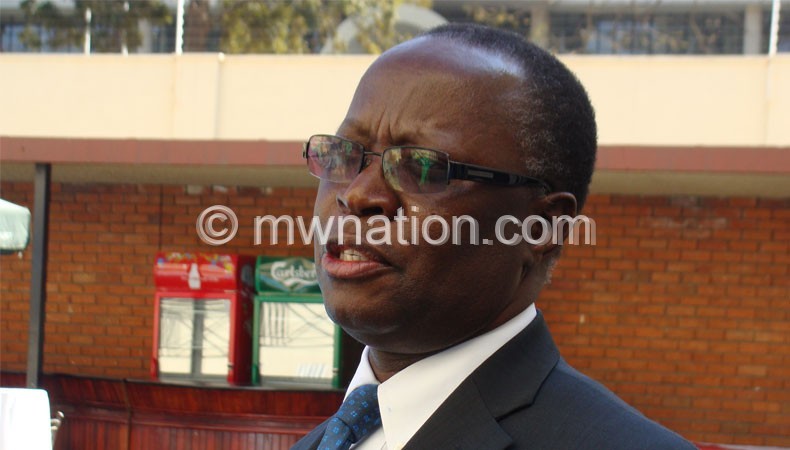RBM counters IMF inflation target
The Reserve Bank of Malawi (RBM) has projected that the country’s inflation rate will fall to around 16 percent in December this year, effectively countering the International Monetary Fund (IMF) single digit target.
RBM, according to minutes of the latest Monetary Policy Committee (MPC) meeting held last week chaired by the central bank’s governor Charles Chuka, has noted that inflation will continue to trend downwards and is expected to be about 16 percent in December 2014.

However, the IMF maintained Malawi’s end 2014 single digit inflation target of 9.7 percent, according to the April 2014 World Economic Outlook (WEO).
The IMF indicates that Malawi’s end of period inflation will fall from 23.5 percent in December 2013 to 9.7 percent while the annual average will fall from 28.6 percent in 2013 to 15.1 percent this year.
The fund further projects 5.8 percent inflation in December 2015, with an average 6.9 percent during the year.
Earlier, the IMF raised 2014 end of year inflation projections from 5.8 percent to 9.7 percent while the annual average was increased from 8.1 percent to 15.1 percent.
The IMF, in Malawi’s February 2014 country report, said inflation is programmed to fall, based on revised monetary programme is based on RBM tightening monetary policy over the next few months and more aggressively sterilising foreign exchange inflows when the tobacco season starts.
As a result of injections and Treasury Bills (T-Bills) maturity, money market liquidity remained high, resulting in a reduction in the interbank rate to 8.4 percent in April 2014 from 25.2 percent in December 2013, according to the central bank.
The committee noted that this calls for intensification of monetary operations which could lead to a reversal of both the T-Bills yields and the interbank rates.
The committee noted that measures that were implemented in 2013 have impacted positively on inflation outlook this year and have enabled the build-up in reserves.
The central bank has further noted that in order to balance the impact of the ongoing foreign exchange operations on liquidity and the anticipated fiscal risks, the MPC made a deliberate decision to review the policy rate at the next meeting.
According to the National Statistical Office (NSO) inflation pressures have been easing on account of a deceleration in both food and non-food prices. Inflation slowed down from 25.9 percent in January to 24 percent in March.






Very good news for Malawi. Clearly President Joyce Banda’s government is doing something right.